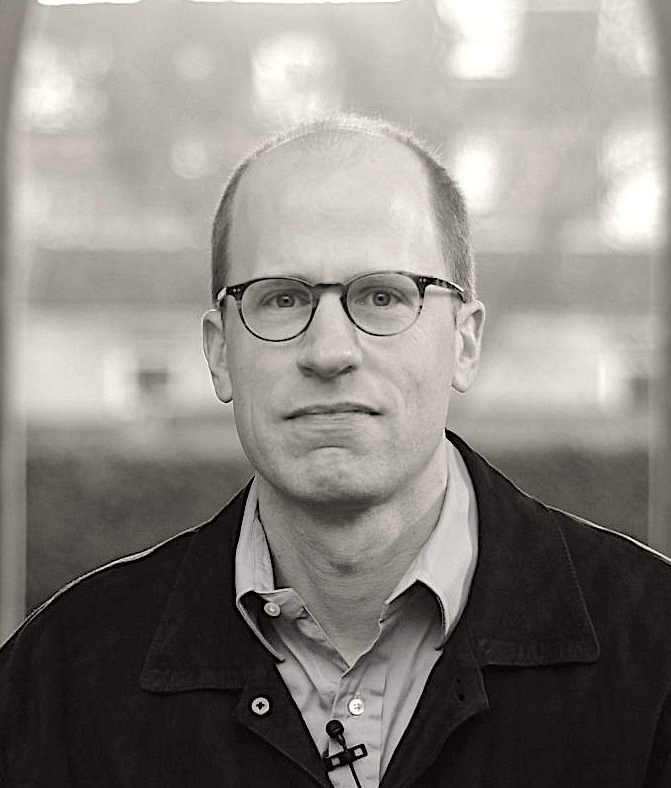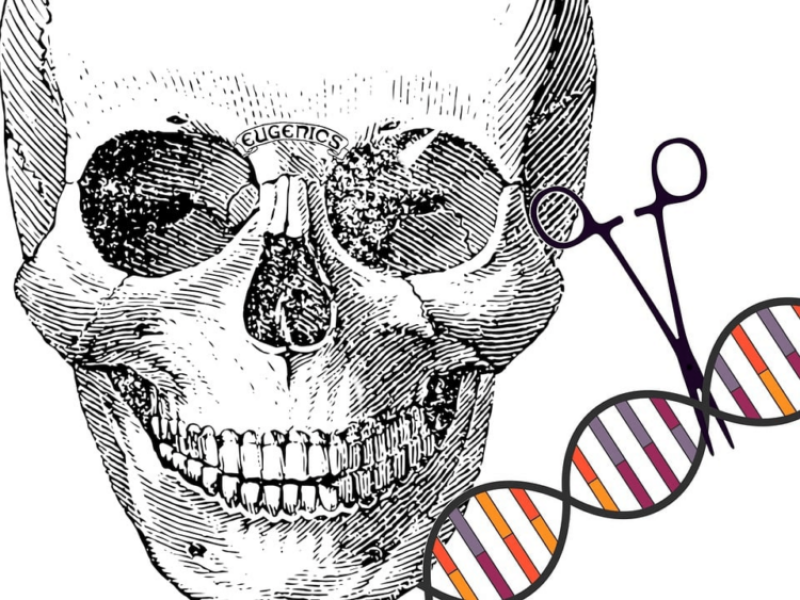
An overlapping set of movements— effective altruism, longtermism, and transhumanism, all with strong links to eugenics—have recently made news, thanks to the antics of high-profile proponents including Elon Musk and former cryptocurrency billionaire Sam Bankman-Fried.
The latest leading figure in these movements to come under media scrutiny is Oxford University philosophy professor Nick Bostrom. Bostrom is known for his research on “existential risk” and his advocacy of both longtermism and human enhancement. A blatantly racist email that Bostrom posted to a listserv in the 1990s recently surfaced; the odd and insufficient apology he issued failed to actually repudiate the racist pseudoscience on IQ that his initial email endorsed.
Among the speculative technologies that Bostrom and his fellow transhumanists would like to see developed are reproductive biotechnologies that would permit genetic selection and genetic engineering of embryos, particularly to “enhance” human capacities. Such “enhanced” humans would be “healthier, wittier, happier people” who could produce far more value than unenhanced humans.
The primary goal is to use genetic technologies to produce more intelligent humans. According to Bostrom, creating more intelligent humans is crucial for reducing “X-risk” because they would make an outsized contribution to the kinds of scientific innovations that we need to address long-term issues.































